Data, Digital Strategies, & Scholarly Communcations
Emerging Opportunities + Essential Elements
Ryan Clement
March 12, 2023
-
Ryan Clement (he/him)
-
Worked for a 10 years as a Data Services Librarian
-
Lead projects at the intersection of Data/Digital Scholarship, Research & Instruction, Library Technology, and Scholarly Communications
-
Scholarly infrastructure, data/research ethics, teaching coding + visualization, digital preservation + reproducible research
who I am

What we're talking about

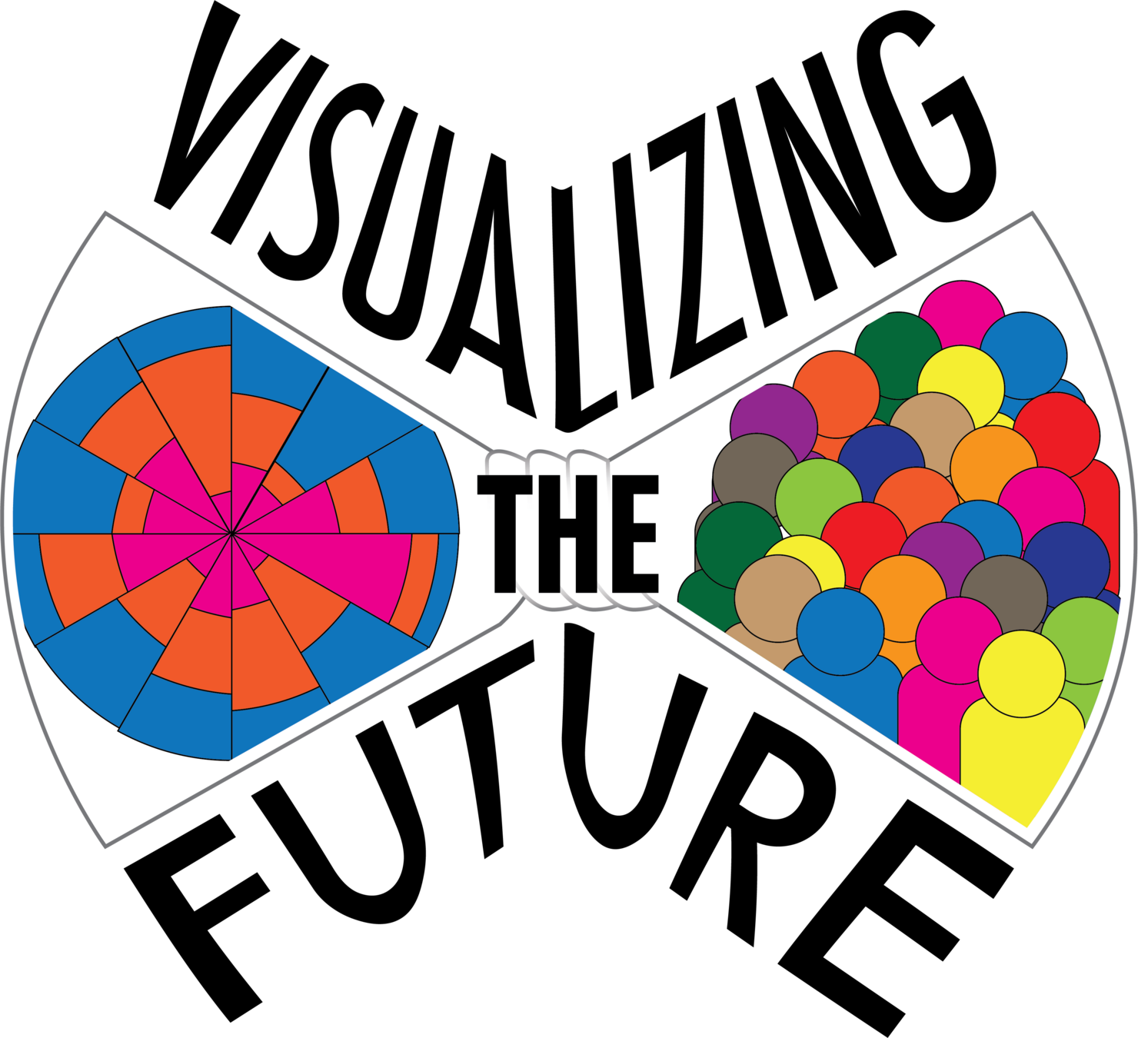

emerging opportunities in Data
- data management + sharing with the 2022 OSTP Memo
- improving the pipeline of collections > research > scholarship > collections
- collections as data -- the data we already have
- more data instruction and professional development
- campus leaders on data ethics
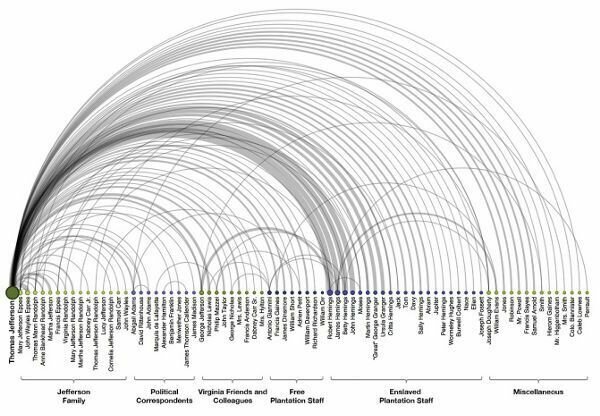
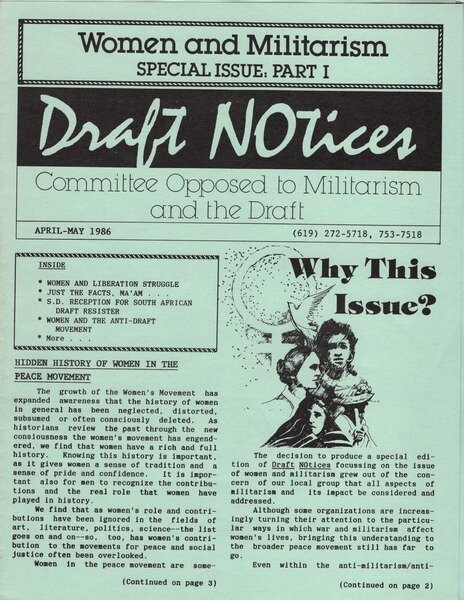


emerging opportunities in Technology + digital strategies
- digitization -- improving workflows, new techniques (3D scanning)
- accessibility of materials -- both library materials *and* helping scholars with their own accessibility
- new modes of access -- 3D printing, XR, software emulation, immersive displays, print-on-demand
- smoothing workflows for research and scholarship
- the rise of AI and how to harness it for library use and for researchers

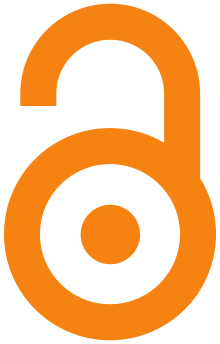

emerging opportunities in scholarly communications
- again, the 2022 OSTP Memo
- how to create true "transformation" beyond "transformative agreements"
- increased collaboration + co-authorship from librarians
- increases in open education -- easier publishing, remixing (e.g. ROTEL)
- bibliometrics and research impact
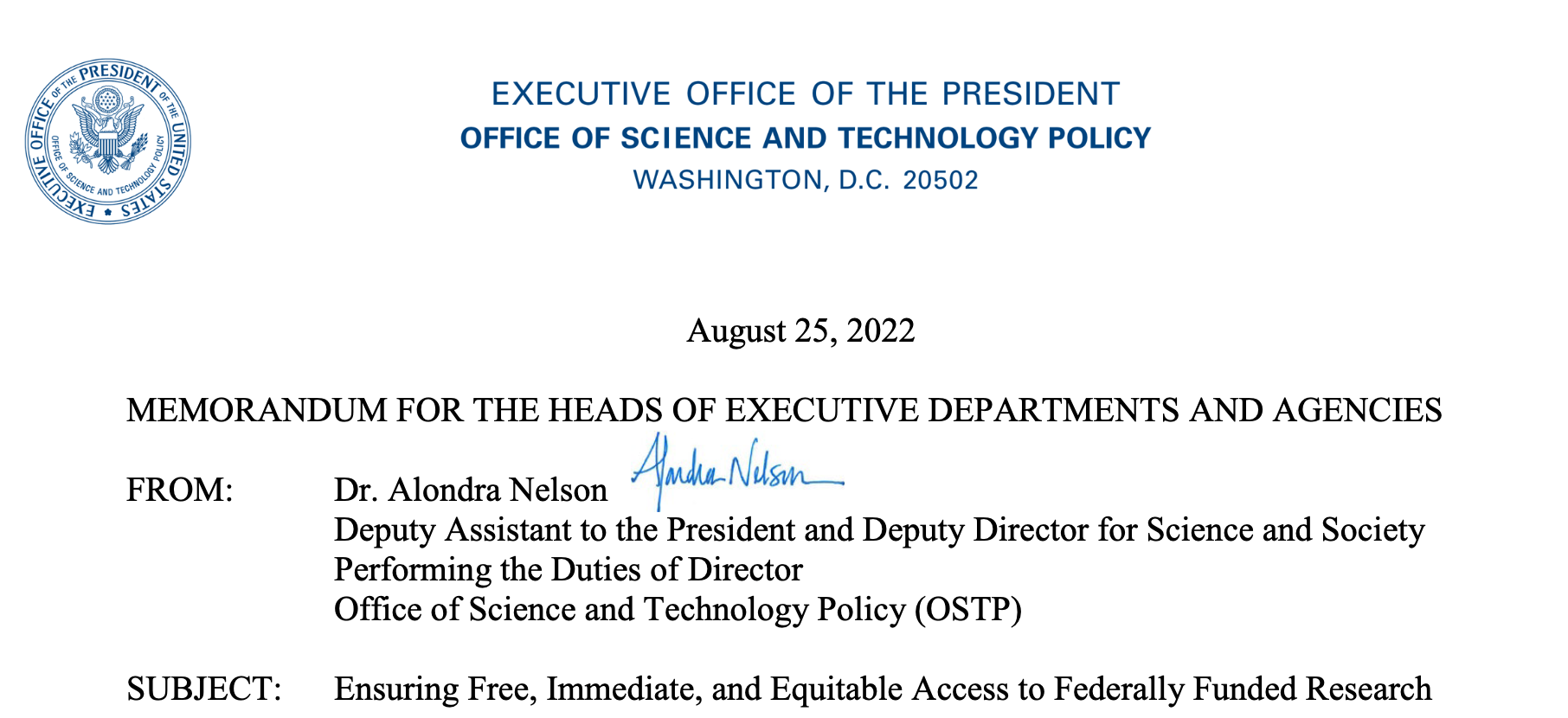
Themes that unite these areas
R&D
Research and development are important not only for library systems, services, and tools, but for ourselves too.
Openness
Openness stretches across these areas and unites them. Open access, open data, open source, open education, and open culture.
workflows
Helping researchers and all library users more smoothly access, use, and share our resources and the ones they create as well.
| Research & Instruction | Content & Discovery | Special Collections & Archives |
|---|---|---|
| Research enablement (workshops, tutorials) | Discovery of UMass scholarly output, wherever it may live | Collections as data, digitization of unique content |
| Data, digital, and schol comm for all | Working with vendors to make content usable | Historical connections and context for today's materials |
| Connections to researchers and curriculum | Increasing transparency and information about *how* content can be used | Connections to local organizations/researchers with data and/or technology needs |
Connections to other library areas
Connections to Researcher/campus needs
- confusion about grant requirements (especially areas newly under the OSTP memo) and best practices
- "hybrid" staff that have both technical and research expertise as collaborators and consultants
- filling gaps in instructional/training programs (both foundational skills and advanced, niche areas)
- gaps in instruction around research/data ethics, power dynamics in publishing, documentation/preservation
- advocating for openness and access (for both publishing *and* reading; vendors *and* researchers)
- as perennial campus nodes, we can help make connections in the increasingly
- Branding + Messaging
- Regular programming
- Reliable expertise
- Assessment
Consistency
- Always learning
- Pilot programs, workshops
- Ready to say "yes"
- Learn from our data
experimentation
Elements of success I
- Embedded in research
- Listening to users
- Partners/champions
Collaboration
- Co-authorships
- Listening to ourselves
- Colleagues/consortia
Scholarship
Elements of success II
- Time for professional development/learning
- Data + interest driven
- Anyone can learn
Development
- Sharing what we learn with others
- Data + interest driven
- Anyone can teach
instruction
Elements of success III
- Transparency
- Access
- Ethics
- Ease of use
openness
- Consistency
- Reliability
- Rights
- Workflows
standards
Elements of success IV
Thanks!
Are there any questions?
